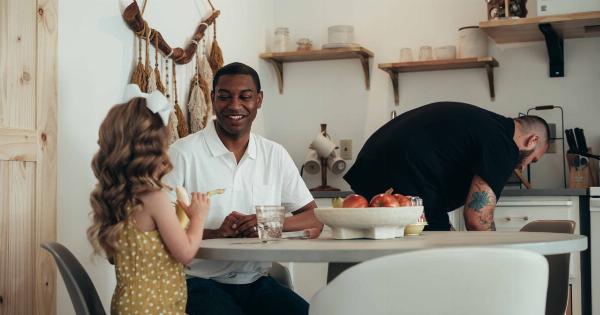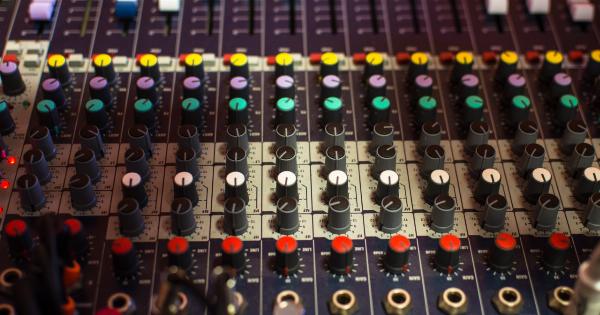Getting a dog is always an exciting decision. They quickly become a part of your family and bring joy to your household. However, eventually, the question of getting a second dog arises.
While having one furry friend is great, having two can bring even more happiness. But is it truly a good idea to get a second dog?.
Pros of getting a second dog
There are several advantages to having more than one dog. Here are some of the pros of getting a second dog:.
Companionship
Dogs are social creatures. They enjoy the company of their human counterparts, but also the company of other dogs.
Especially if you are out of the house for long periods of time, a second dog can provide a playmate and constant companionship for your first dog.
Training
If you’ve already trained one dog, getting a second dog can be much easier. The new dog will be able to learn from your first dog’s good behaviors. This means less time spent on training and more time spent on bonding with your furry friends.
More exercise
Two dogs mean more energy, and subsequently, more exercise. This can be especially beneficial if you have a yard or live close to a park. Your dogs will have endless opportunities to run and play with each other.
Safer living
A second dog can also make your home safer. Dogs are natural protectors, and the addition of a second dog can increase the level of protection in your home.
Cons of getting a second dog
While having a second dog has several advantages, it’s important to consider the potential downsides. Here are some of the cons of getting a second dog:.
Financial cost
Dogs, especially puppies, can be very expensive. You will need to consider the added cost of food, toys, bedding, vet bills, and more. If you’re on a tight budget, a second dog may not be feasible.
Training
While having one trained dog can make it easier to train the second one, it’s important to keep in mind that each dog is unique. The new dog may have different habits and behaviors that will require some independent training.
Time commitment
A second dog requires even more time and attention. You will need to spend more time feeding, exercising, and playing with your dogs. This can be difficult if you already have a busy schedule and will require some additional planning on your part.
Unpredictable behavior
If you introduce a new dog into your home, there is always a chance that they may not get along with your first dog. They may have territorial issues or instigate conflicts with each other.
It’s important to keep an eye on their behavior and take necessary precautions to ensure their safety.
Considerations before getting a second dog
Before making the decision to get a second dog, there are some important things to consider:.
Compatibility
While it’s difficult to perfectly predict how two dogs will get along, you should still try to choose a dog that will be compatible with your first dog. Look for dogs with similar energy levels, sizes, and temperaments.
Space
You will need to ensure that you have enough space for two dogs to be comfortable. This includes not only living space but also outdoor areas for exercise and playtime.
Time commitment
Do you have the time and energy to provide additional attention and care for a second dog? Consider your schedule and whether or not you have enough time to properly care for two dogs.
Age of current dog
If your current dog is older, it may not be the best idea to get a second dog. Older dogs may become overwhelmed or stressed by a new addition to the home. Consider your dog’s age and temperament before making a decision.
Conclusion
Getting a second dog can be a great decision for some households. It can provide companionship, easier training, more exercise, and a safer living environment.
However, getting a second dog also requires more financial resources, time commitment, and careful consideration of compatibility between dogs. Ultimately, the decision to get a second dog is one that should be carefully evaluated based on the individual needs and circumstances of you and your furry friend.































